Erika Schwartz of Springfield has two parts to her Holocaust story.
The first is the one of genocide and horror.
Although she is the one who tells it, the true narrator is her mother, who died in 2006.
Everything Schwartz knows of the war, her father and her survival in Hungary was told to her by her mother. Schwartz was a 1-year-old when the war ended in 1945 with Germany's defeat.
She was 4 when she left Hungary for the Bronx. She is 78 today.
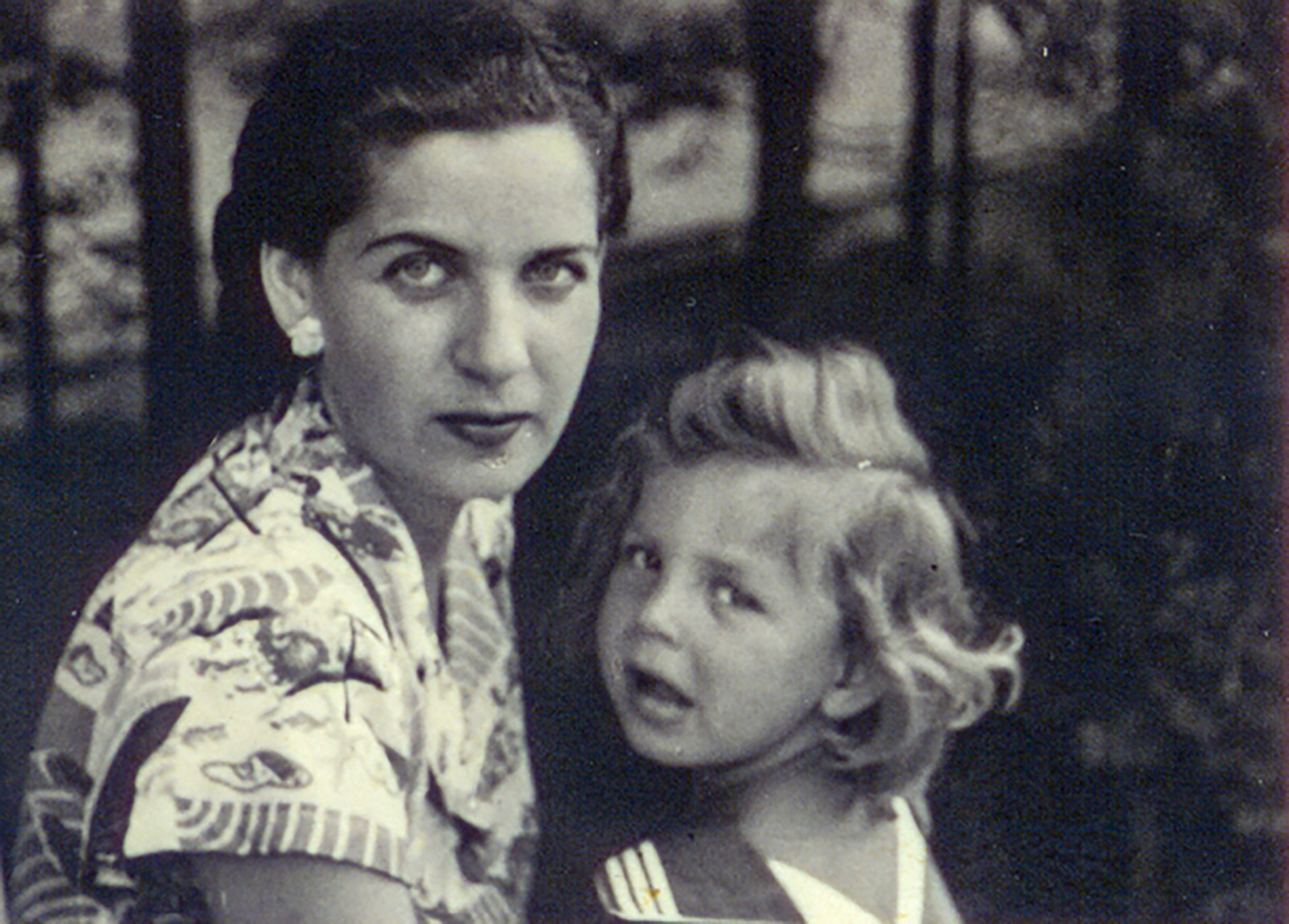
Part II is the story of her life in America. For much of it, she says, she was depressed and sad, living as if her head were in a black cloud. She was raised by a mother who was never again whole after most of her family was murdered.
She attended nine elementary schools; her mother would marry another five times.
It was not until late in life — Schwartz was a grandmother in her 40s — that she found the way to her second escape.
She discovered she had control over her thoughts, her mode of thinking. She finally found a path to happiness.
Perhaps surprisingly, she says, Part II is what many high school and college students across the nation find most revelatory and transforming.
For several years, she has told her Holocaust story at Holocaust museums, colleges, high schools and the occasional senior living facility. On Wednesday and Thursday, for example, she spoke six times via Zoom to high schoolers in DeWitt, Iowa.
She says the students she speaks to often want to know how she changed the way she thinks. They marvel how she, a Holocaust survivor, could find joy in what had been a torturous life.
Part I
Hungary was an ally of Germany in World War II. Hungary as a nation was complicit in the killing of Jews even before the German occupation of March 1944.
According to the United States Holocaust Memorial Museum: “Hungarian authorities murdered Jews on several occasions before the German occupation. More than 20,000 Jews were deported to German-occupied Ukraine by Hungarian authorities in the summer of 1941, with full knowledge of the fate that awaited them.”
When Schwartz was born April 23, 1944, her father already had been ordered to work in a labor camp, the equivalent of slave labor, because he was Jewish. Her mother was living alone in a Budapest apartment. She was pregnant.
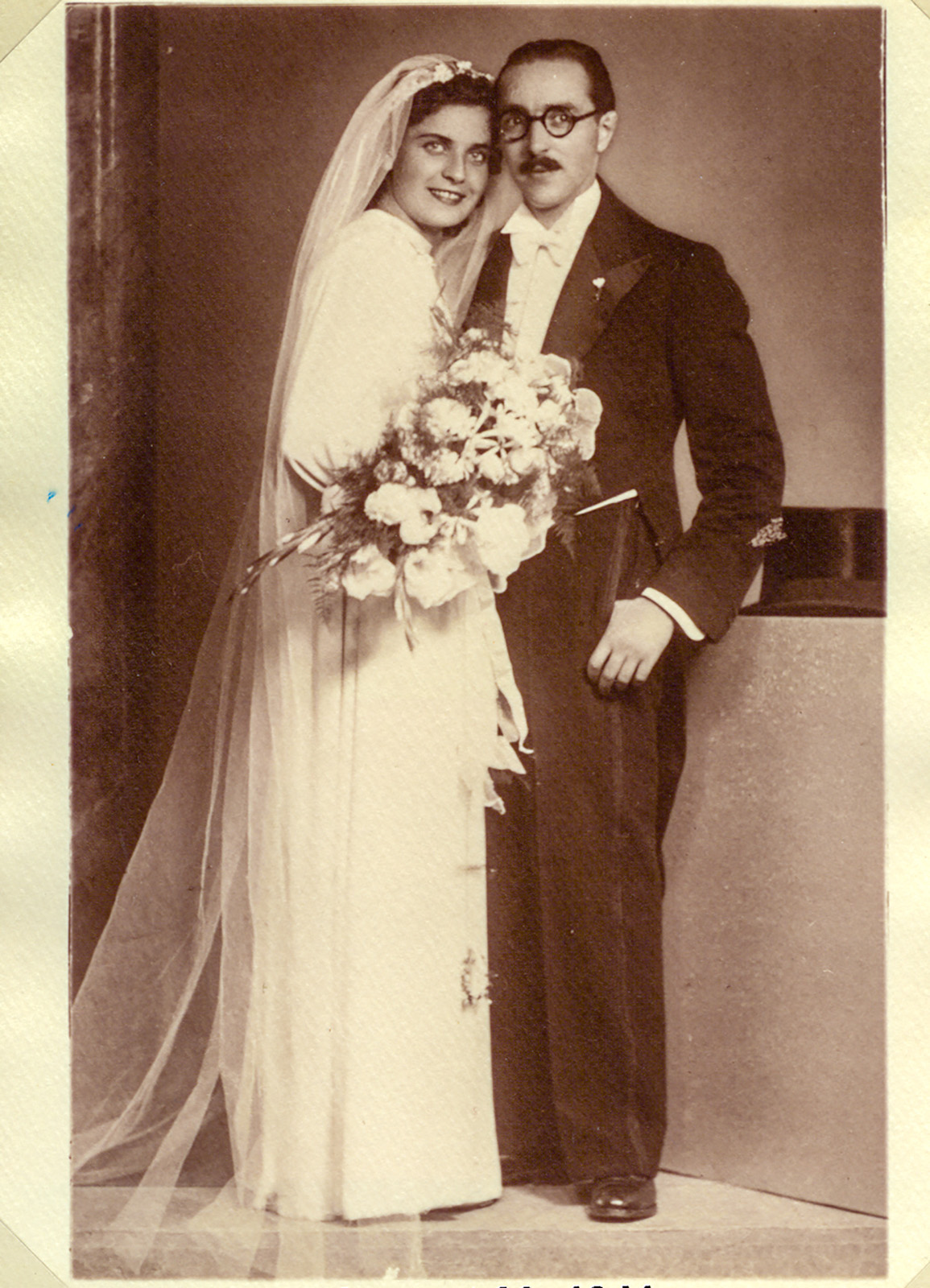
“She wanted to be with family,” Schwartz says. “She was scared.”
So her mother moved to Nyiregyhaza, 130 miles away, to live with her mother and other family members.
Nazis occupy Hungary and round up Jews in ghettos
Around the time of that move, the Nazis took a more active role to kill Jews in Hungary. They rounded up Jews and ordered them into the Jewish “ghetto” in Nyiregyhaza. Since medieval times, a ghetto had been a section of a city where Jews were told to live.
Even then in March 1944, Schwartz says, most Jews believed the lie they were told that they were being rounded up to be kept safe and would eventually be transported — not to extermination camps like Auschwitz — but to locations that would be more welcoming to Jews.
Schwartz was born one day before the Nyiregyhaza ghetto was “sealed” with a barb-wire fence. As a newborn, she lived in the ghetto in the home of her mother's parents.
Somehow, Schwartz says, her father provided documentation to officials in Nyiregyhaza that his wife and baby daughter still lived in Budapest. As a result, they were allowed to return. But Schwartz's 19-year-old aunt, who was not supposed to leave, left for Budapest with them.
Father returned to labor camp to try to keep them safe
Her father was with them in Budapest. He had fled the labor camp to see his baby girl and wife. But he knew he was being hunted down and he returned. They never saw him again.
“My mother begged my father to stay with her and he said no. He was going to go back to the labor camp. He had escaped.
“He did not want to be found with us. His hope was that we could get into hiding and stay safe. So rather than allow a situation where they were still looking for him, he went back to the labor camp.”
He died there in March of 1945. She does not know if he was murdered or if he starved to death.
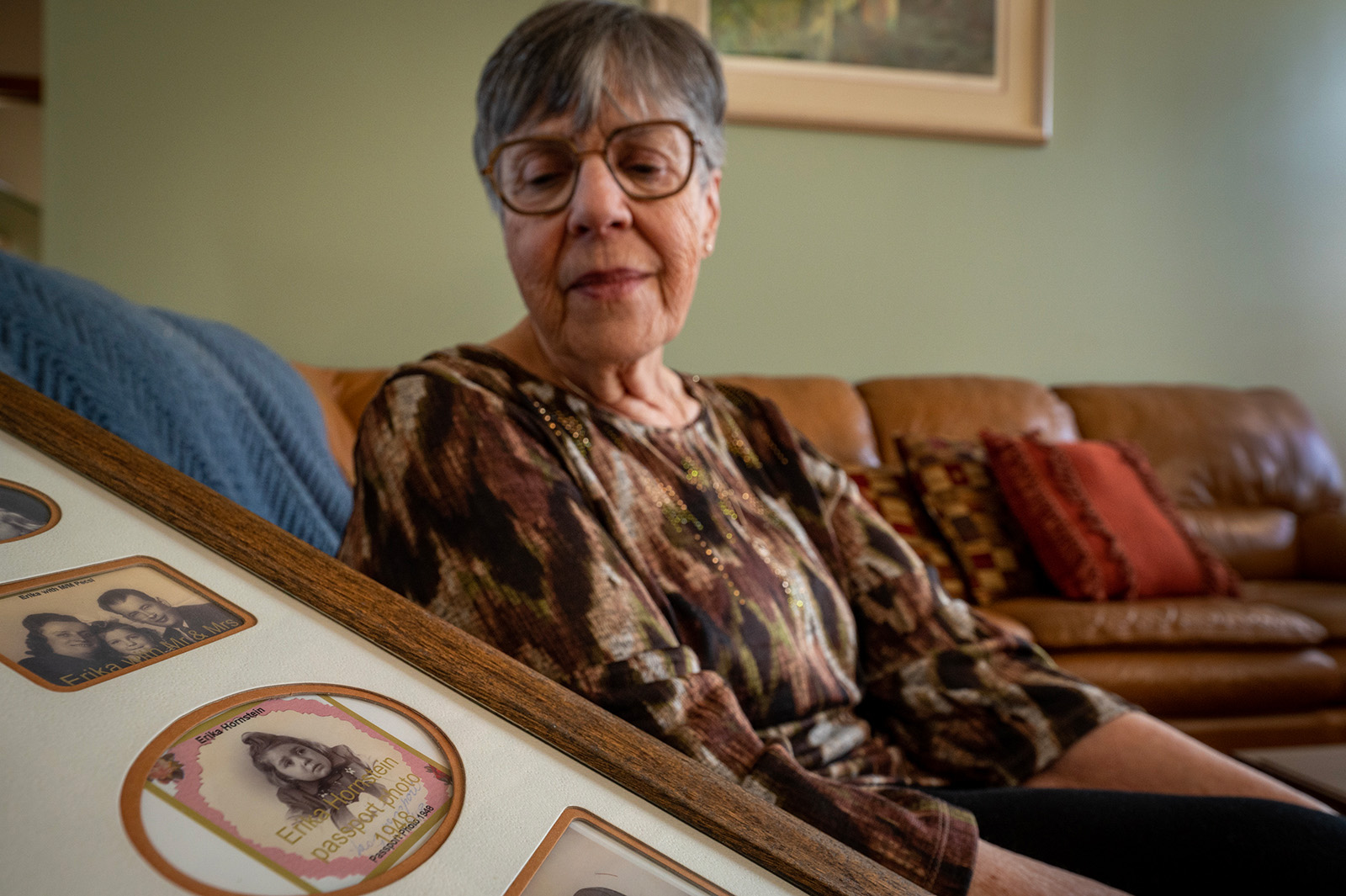
Schwartz and her mother and aunt lived in a Budapest apartment. They hid “in plain sight,” Schwartz says, with forged documents indicating they were Christians and citizens of Sweden.
It is likely, she says, the forgeries were the work of Raoul Wallenberg, a Swedish architect, businessman and diplomat who saved thousands of Jews in German-occupied Hungary during the Holocaust.
Aunt recognized by ex-neighbor: ‘She's a Jew!'
Months later, her aunt killed herself. It was July 5, 1944.
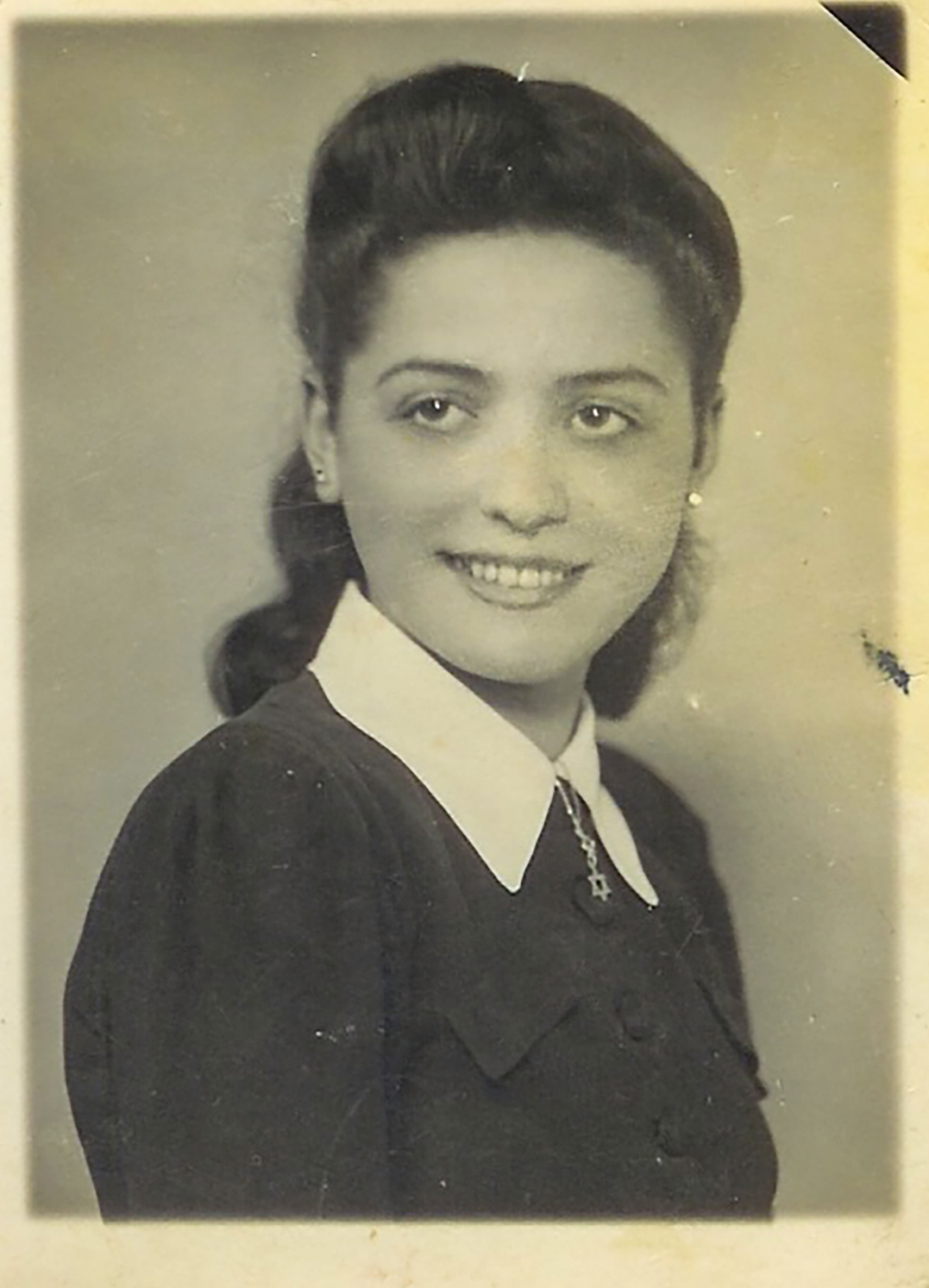
“My aunt Olga went out to get food. And as soon as she stepped out of the building, a former neighbor recognized her — a Christian neighbor — and yelled out, “She's a Jew!'
“So soldiers immediately started running towards her. She ran, turned back and ran into the building. And instead of trying to get back into the apartment, which would have been fatal for all of us, she ran up to the roof of the building and jumped.
“My mother said their apartment overlooked the front street and she heard a commotion and looked out the window and saw her sister lying on the pavement.”
It was no longer safe. Her mother moved and lived in hiding the rest of the war.
“My mother's entire family was murdered. She lost all of her siblings, their children, her parents and grandparents. Everyone.”
Part II
It was her mother's husband No. 3 who adopted Schwartz. She has two brothers with whom she is close. They live in California.
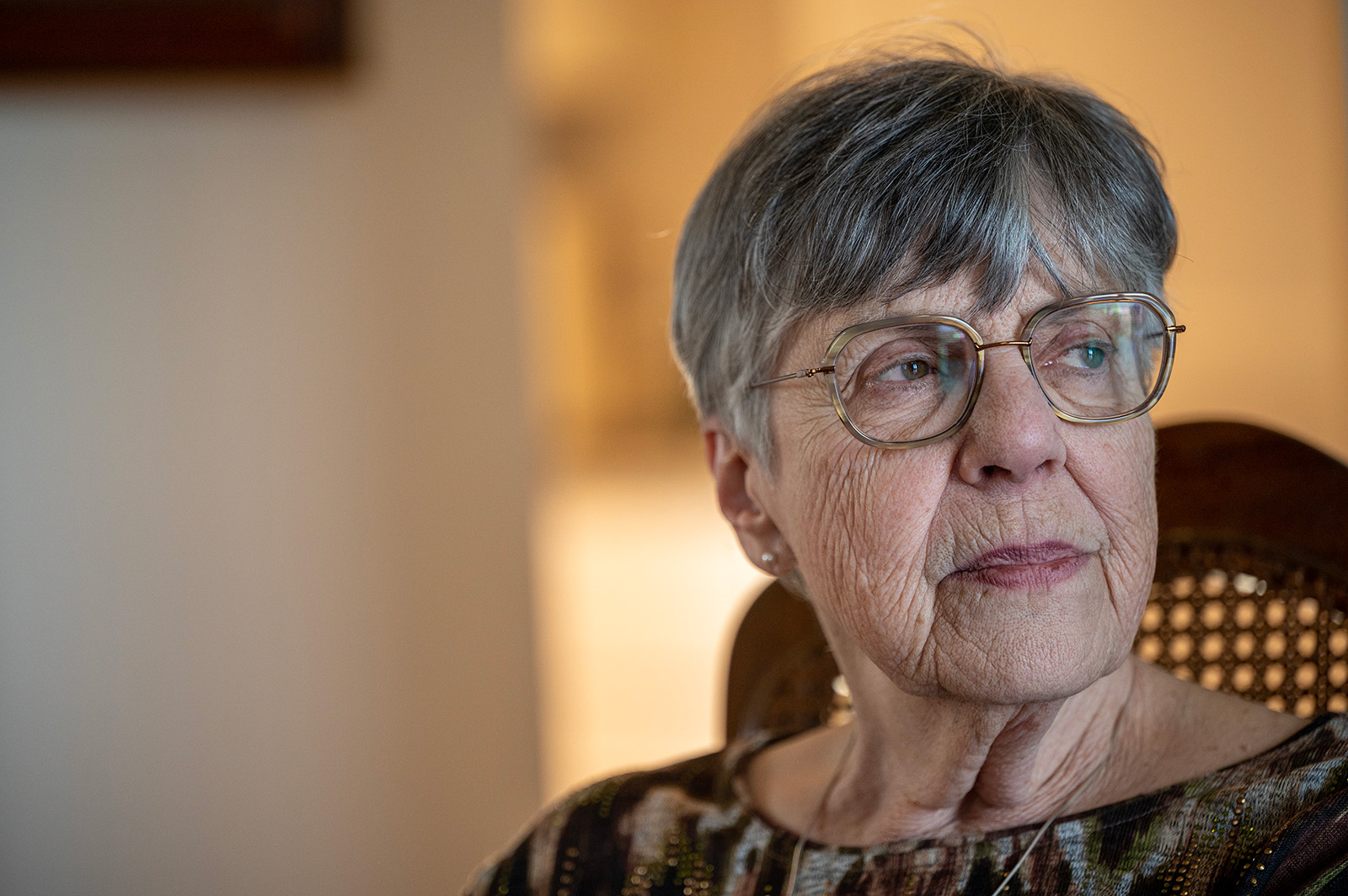
Her mother never found peace, she says.
“I really don't know too much about what she was like before the war because everybody she grew up with was gone.
“What I do know is what I experienced. She was a very, very restless, lonely, unhappy woman. For all the time that I knew her, she never recovered. She was always searching for something that she couldn't find.
“My childhood was a nightmare. My mother could not stay still; she couldn't stay in any one place. I went to nine elementary schools.
“I had no friends because we were always moving. And my mother, the demands that she made on me, from my earliest memory, were impossible to be met. But I've finally realized after years of therapy, she really wanted me to just fill that hole, she wanted me to fill the role of all the people she had lost.
“She was jealous of my friends, she was jealous of anybody that I got close to because she saw that as taking something away from her.”
‘My kids had a lot to recover from, too'
In contrast, Schwartz and her husband Bill have been married 59 years. They met in New York as children.
Bill, she says, was the better parent to their two sons.
“I was terrible. I had the same hysterical fits that my mother used to have. Screaming ‘How can you do this to me after all that I've been through?'
“My kids had a lot to recover from, too. Fortunately, they had a good and patient dad.”
What she calls her “recovery” started with Overeaters Anonymous. She was a grandmother in her mid-40s.
“I had some serious weight issues because I guess I was stuffing my feelings down.
“It was through that program that I really started to look at myself and my life and my options.”
She did not know what it meant to be happy
“The only way I can describe what my life felt like is that I was walking around with my head in a black cloud. I had no concept that I could even be happy. I didn't know what it was like. I didn't know what it felt like.
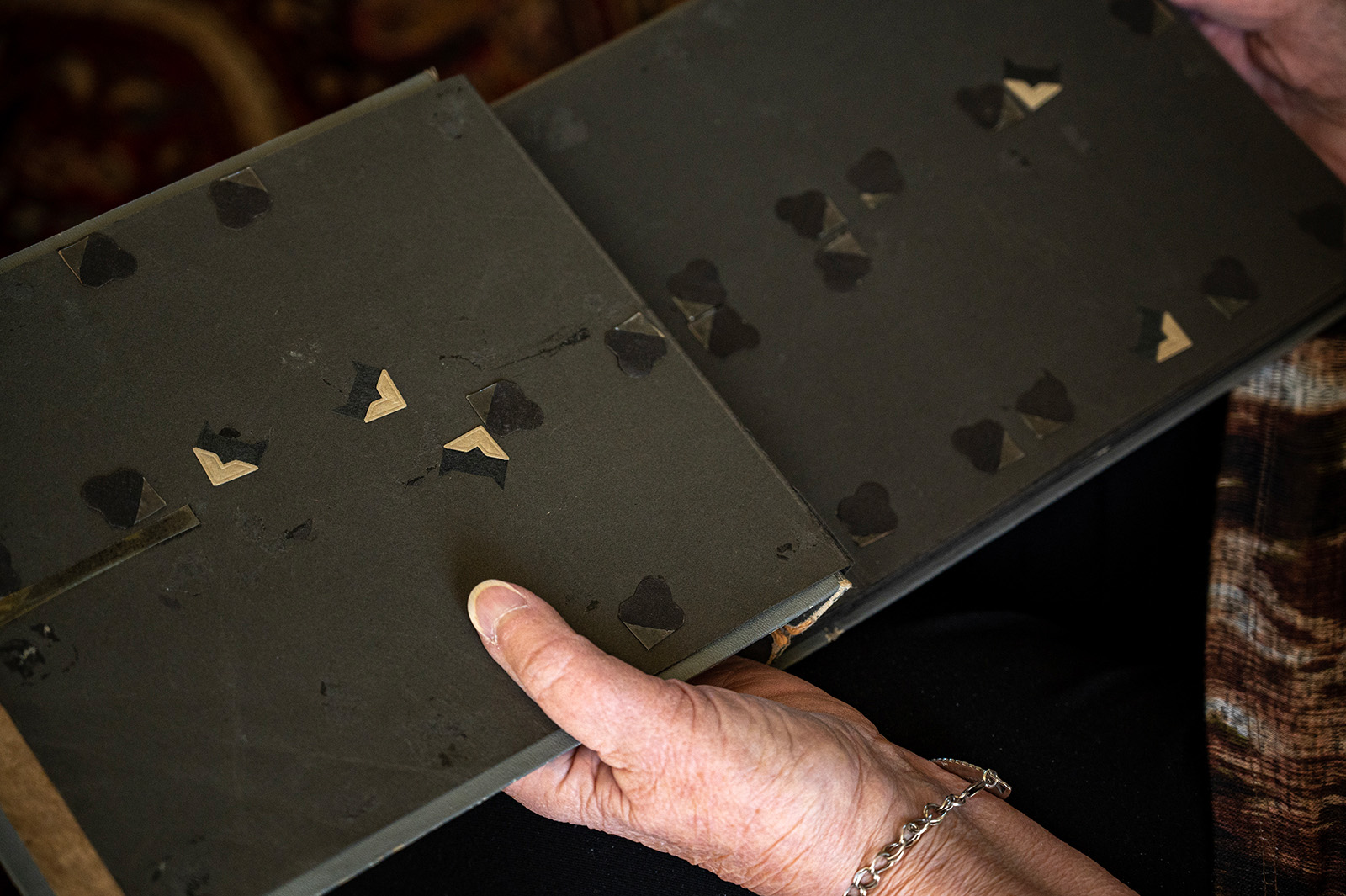
“I cried a lot. Every time I saw a friend being hugged by their dad or by a grandparent. It was pretty awful.”
When she first told her Holocaust story eight or nine years ago, there was no Part 2.
“It started out as an obligation to my family to make sure they were not forgotten.
“But it has, it has definitely evolved. ... I've gotten feedback from teachers who have told me that when I talk about how I learned to cherish my life, and how I've learned that I can have control over what goes into my brain, what I allow into my brain, and how I choose to spend my day has had a profound impact on some of the students.
“So that has become to me as important as the story of my family.”
She is often asked about forgiveness
The most frequent question she is asked is whether she has forgiven the Germans.
“My answer is there's nothing to forgive because the Germans of today had nothing to do with it. And the ones that did it are pretty much dead.
“But when I'm asked that question, sometimes it prompts me to tell a story about an incident that happened when I was speaking at Parkview High School.
“There was a young man, he looked like he was about 16 or 17 years old, who was sitting in the back of the room, and he raised his hand. And I called on him, and he stood up and he started speaking and I couldn't hear a word he said.
“So I motioned for him to come to the front of the room so I could hear him. As he walked up towards me, I could see that he was crying. And when he got up to me, he leaned in and said, in a very heavy German accent. ‘My grandfather was a Nazi in Auschwitz, and he might have murdered your family.'
“He was sobbing. And he kept saying, ‘I'm sorry, I'm sorry. I'm sorry.' And it was then that I realized the burden that some of these young German kids are carrying that they should not be carrying.
“All I could do is just put my arms around him and just keep telling him that he had nothing to do with it.”
Survivors asked to stand and she was only person standing
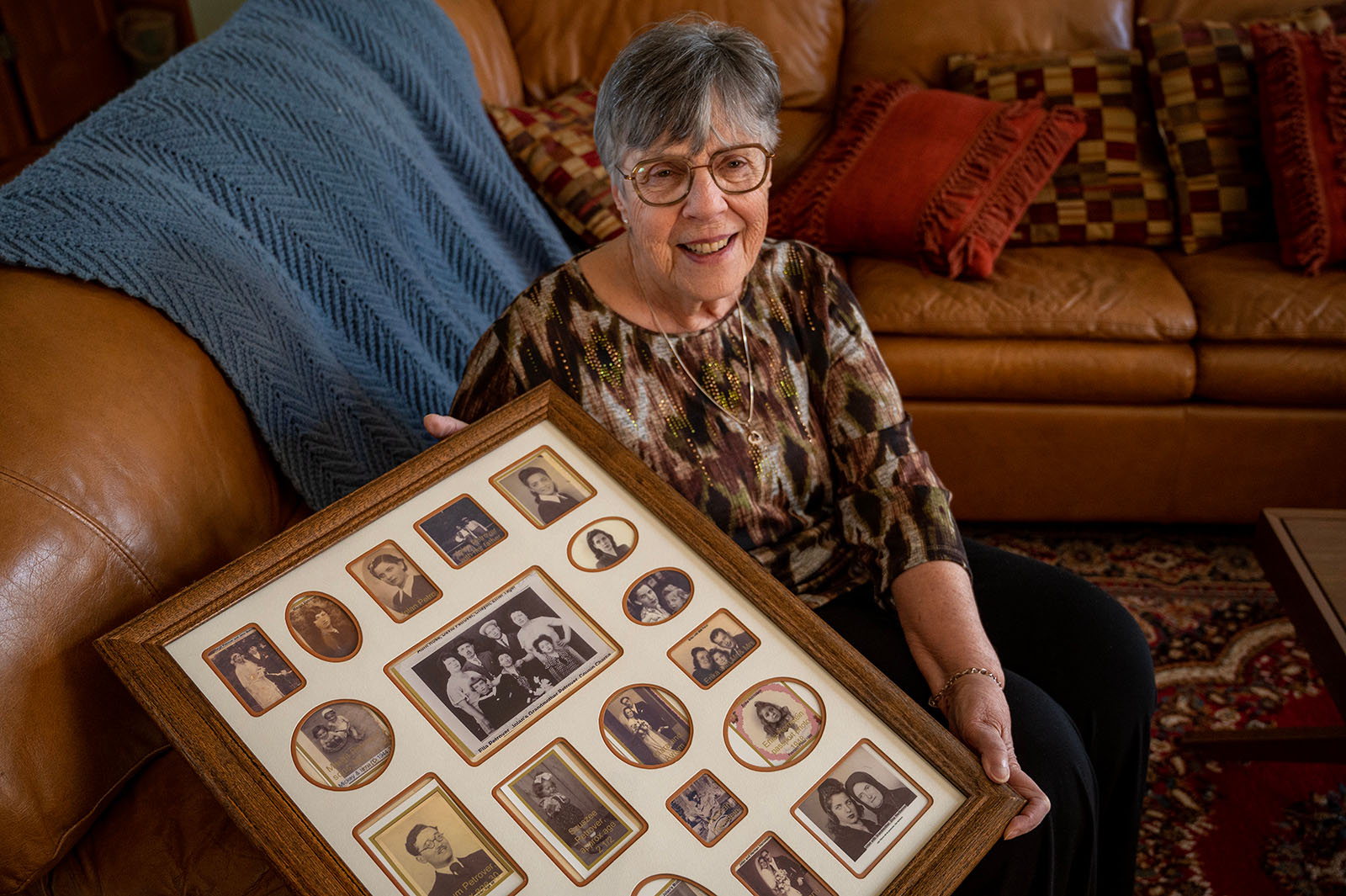
The notion that she should tell her story at all occurred eight or nine years. She and her husband were at a religious remembrance ceremony with some 300 people. Holocaust survivors were asked to stand.
“So I sat there and my husband poked me. I had not intended to stand up. So he poked me and I stood up. And I looked around and realized I was the only one standing.
“It was kind of an epiphany is the only way I can describe it. I realized that as one of the youngest survivors, I had an obligation. I needed to get out of my cave and start telling the story.”
The next day she called the Holocaust Museum LA program to volunteer to be a speaker. She lived in California at the time.
The miracle of her life and the long road to happiness
She still works part time as an accountant. Her granddaughter and her granddaughter's husband live nearby in Springfield with their three sons. Their presence in Springfield is what brought Schwartz and her husband here in 2019.
They enjoy traveling and have been back to Hungary.
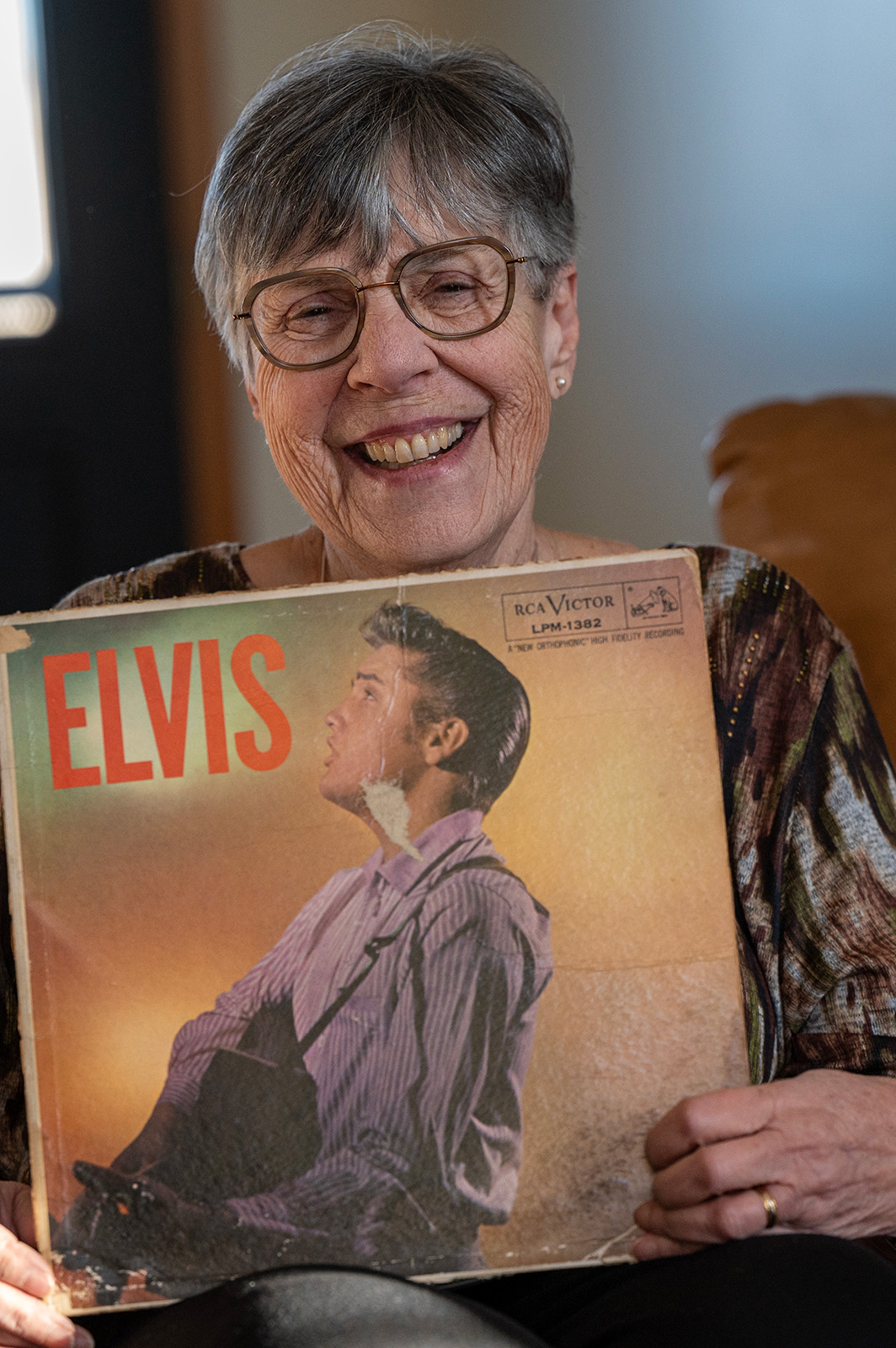
She is willing to increase the frequency of telling her story. You can reach her at erikaschwartz44@gmail.com.
“I'm turning 79 In a couple of months,” she says. “I would say that I am happier than I've ever been in my entire life. I am grateful for every day. I realized what a miracle and how precious my life is.”

